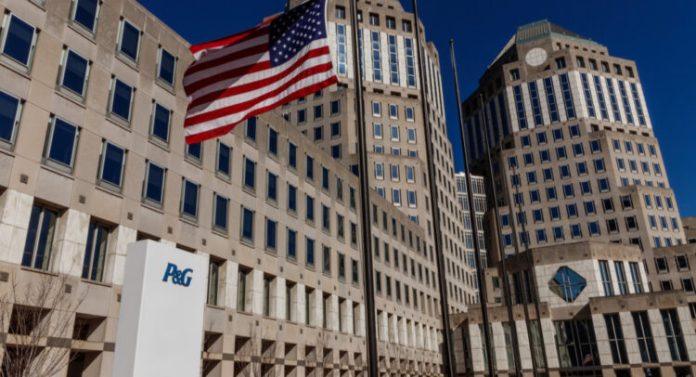Unilever Fortifies Shareholder Value with €1.5B Share Buyback
Unilever (ULVR) has ramped up its commitment to enhancing shareholder returns with a new €1.5 billion share buyback program. Announced as part of its ongoing capital allocation strategy, the consumer goods giant began repurchasing shares on March 22, 2024, and plans to complete the initiative by December 31, 2024.
This latest buyback initiative is being executed by UBS AG London Branch, acting independently from Unilever. The move follows a similar €1.5 billion share repurchase program completed in 2023, signaling continued confidence in the company’s long-term growth prospects and financial health.
For FMCG stakeholders, this development reinforces Unilever’s strategic focus on capital efficiency and disciplined investment. As the company continues to streamline its portfolio and focus on core product categories such as beauty & wellbeing, personal care, and nutrition, these buybacks underscore its intent to deliver consistent value to shareholders while maintaining operational agility.
The scope of the repurchase includes only Unilever shares, with no plans to buy back Unilever PLC American Depositary Receipts (ADRs) as part of this program. This targeted approach supports Unilever’s objective of optimizing its capital structure while sustaining confidence in the equity market.
In a sector where capital deployment and investor confidence are key indicators of long-term robustness, Unilever’s share buyback underscores its strong cash generation and commitment to shareholder engagement. Amid category innovation and brand portfolio refinement, financial strategies like this offer a clear signal to investors and rivals alike regarding the company’s forward-looking financial discipline.
Market analysts will be watching closely to evaluate how the buyback influences Unilever’s share performance and capital allocation in the remainder of the year, particularly as it continues navigating inflationary pressures and evolving consumer demand across global FMCG markets.

